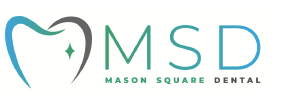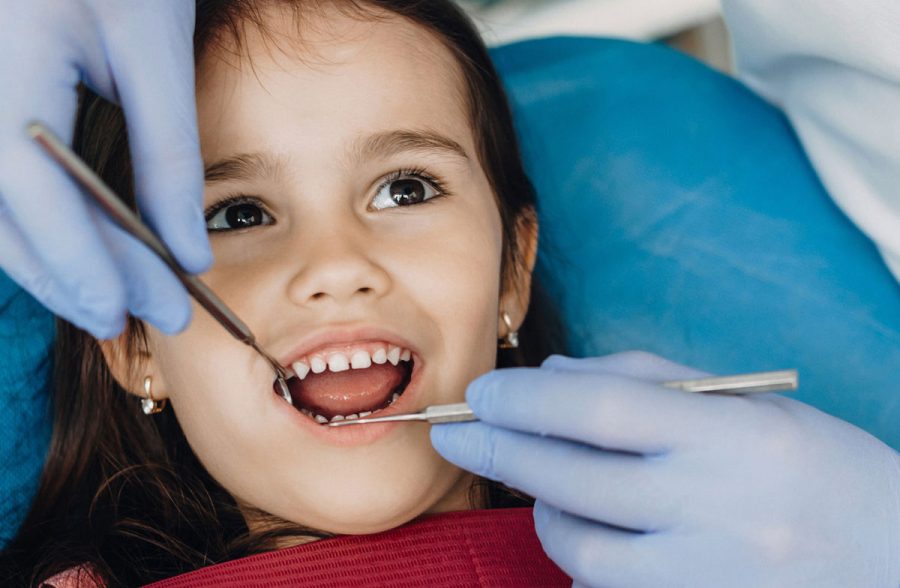Tooth decay is one of the most common health issues worldwide, yet it’s also one of the most preventable. For parents and the general public alike, understanding how to protect your teeth from decay can save you from future discomfort, expense, and health complications. In this comprehensive guide, we’ll walk you through practical tips to prevent tooth decay, ensuring your smile remains bright and healthy.
Why Preventing Tooth Decay is Crucial
Tooth decay isn’t just about cavities and fillings. If left untreated, it can lead to severe pain, infection, and even tooth loss. But the good news is that with proper care, you can significantly reduce your risk of decay. This guide will provide valuable insights into maintaining oral health and preventing the need for extensive dental work.
Understanding Tooth Decay
Tooth decay begins when bacteria in your mouth produce acids that erode the enamel, the hard outer layer of your teeth. Over time, this can create cavities, which, if untreated, may infect the inner layers of the tooth. Factors like diet, oral hygiene, and genetics can influence your susceptibility to decay.

Minimise Sugary and Acidic Foods
Sugary and acidic foods are the primary culprits in tooth decay. Bacteria feed on sugars, producing acids that wear down enamel. By reducing your intake of sugary snacks, sodas, and acidic foods like citrus fruits, you can protect your teeth from harm.
Choosing Healthier Alternatives
Opt for snacks that are low in sugar and acidity. Fresh fruits, vegetables, cheese, and nuts are excellent choices. Drinking water instead of sugary drinks can also make a significant difference.
Timing Matters
If you do consume sugary or acidic foods, try to do so with meals. Saliva production increases during meals, helping to neutralize acids and protect your teeth.
Read Labels Carefully
Many processed foods contain hidden sugars and acids. Be vigilant about reading labels and choose products with lower sugar content.
Stay Hydrated
Saliva plays a crucial role in preventing tooth decay by neutralizing acids and washing away food particles. Staying well-hydrated ensures your saliva levels remain optimal.
Drink Plenty of Water
Aim to drink at least eight glasses of water a day. Water not only keeps you hydrated but also helps rinse away food particles and bacteria.
Limit Caffeine Intake
Caffeine can dry out your mouth, reducing saliva production. Try to limit your intake of coffee, tea, and energy drinks.
Avoid Alcohol
Alcohol can also lead to dry mouth. If you drink alcohol, do so in moderation and ensure you drink water to stay hydrated.
Floss Nightly
Flossing removes food particles and plaque from between your teeth, areas that your toothbrush can’t reach. Making flossing a nightly habit can significantly reduce your risk of decay.
Choose the Right Floss
There are various types of floss available, from waxed to unwaxed and flavoured to unflavoured. Choose one that feels comfortable and is easy to use.
Proper Flossing Technique
Use about 18 inches of floss, wrapping it around your fingers and gently sliding it between your teeth. Curve the floss around each tooth and move it up and down to remove plaque.
Flossing for Kids
Encourage your children to floss daily by making it a fun activity. Use floss picks or colourful floss to make it more appealing.
Use High Fluoride Toothpaste
Fluoride strengthens tooth enamel, making it more resistant to decay. Using a high fluoride toothpaste can provide an added layer of protection.
Neutrafluor 5000 and ClinPro 5000
These high fluoride toothpastes are excellent choices for preventing decay. Apply them nightly after brushing, and avoid rinsing your mouth to allow the fluoride to work effectively.
Where to Buy
You can purchase Neutrafluor 5000 at pharmacies, though you may need to ask for it behind the counter. ClinPro 5000 is available at Mason Square Dental.
Application Tips
Use a pea-sized amount of toothpaste and brush for two minutes. Make sure to cover all surfaces of your teeth, including the gumline.
Consider a Fluoride Mouthrinse
A fluoride mouthrinse can provide additional protection against decay. Using it in the morning after brushing can help maintain fluoride levels throughout the day.
Choosing the Right Mouthrinse
Look for a mouthrinse that contains fluoride and is alcohol-free. Alcohol can dry out your mouth, reducing its effectiveness.
How to Use
Swish the mouthrinse around your mouth for about 30 seconds, then spit it out. Avoid eating or drinking for at least 30 minutes afterward to allow the fluoride to take effect.
Frequency
Using a fluoride mouthrinse once a day is sufficient. Incorporate it into your morning routine for best results.
Regular Dental Visits
Regular dental checkups are essential for monitoring your oral health and catching any issues early. Your dentist can take x-rays to identify decay that isn’t visible to the naked eye.
Frequency of Visits
Aim to visit your dentist every six months. More frequent visits may be necessary if you have a history of dental problems.
What to Expect
During your visit, your dentist will examine your teeth and gums, take x-rays if needed, and provide professional cleaning. They may also offer tips for improving your oral hygiene routine.
Building a Relationship with Your Dentist
Having a good relationship with your dentist can make your visits more comfortable and productive. Don’t hesitate to ask questions or express concerns about your oral health.
The Role of Diet in Oral Health
Your diet plays a significant role in oral health. Eating a balanced diet rich in vitamins and minerals supports healthy teeth and gums.
Calcium for Strong Teeth
Calcium is essential for maintaining strong teeth. Dairy products, leafy greens, and fortified foods are excellent sources of calcium.
Vitamin D for Absorption
Vitamin D helps your body absorb calcium. Sun exposure, fatty fish, and fortified foods can boost your vitamin D levels.
Avoiding Harmful Foods
Limit your intake of sticky foods, candies, and carbonated drinks. These items can cling to your teeth and provide a breeding ground for bacteria.
The Importance of Oral Hygiene
Good oral hygiene is the foundation of preventing tooth decay. Brushing twice a day and flossing nightly are essential habits.
Brushing Technique
Use a soft-bristled toothbrush and fluoride toothpaste. Brush in circular motions, covering all surfaces of your teeth and your tongue.
The Right Tools
Replace your toothbrush every three to four months or sooner if the bristles are frayed. Consider using an electric toothbrush for a more thorough clean.
Making It Routine
Incorporate oral hygiene into your daily routine. Set reminders if needed and make it a non-negotiable part of your day.
Prevention of Tooth Decay at Night
Nighttime is a critical period for oral health. Taking extra steps to protect your teeth can prevent decay and other issues.
Using a Mouthguard
If you grind your teeth at night, consider using a mouthguard. It can protect your teeth from wear and damage.
Avoiding Late-Night Snacking
Eating before bed can leave food particles on your teeth, increasing the risk of decay. Brush your teeth before bed and avoid late-night snacks.
Elevating Your Head
Sleeping with your head elevated can reduce acid reflux, which can damage your teeth. Use an extra pillow or a wedge pillow to keep your head elevated.
Encouraging Good Habits in Children
Teaching children good oral hygiene habits from a young age sets them up for a lifetime of healthy teeth.
Making Brushing Fun
Use colourful toothbrushes, fun-flavoured toothpaste, and reward systems to make brushing enjoyable for kids.
Leading by Example
Children learn by watching their parents. Brush and floss together to show them the importance of oral hygiene.
Regular Checkups
Take your child for regular dental checkups. The dentist can provide additional guidance and reinforcement for good habits.
For personalised advice and to refine your oral care routine, consider booking a consultation with one of our expert dentists at Mason Square Dentists. Your smile deserves the best care.


